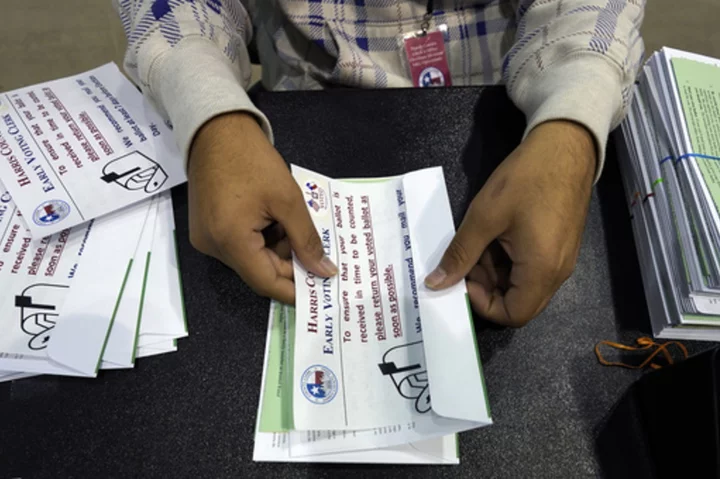Czech-French writer Milan Kundera, author of "The Unbearable Lightness of Being", has died aged 94, the Milan Kundera Library said Wednesday.
"Unfortunately I can confirm that Mr Milan Kundera passed away yesterday (Tuesday) after a prolonged illness," Anna Mrazova, spokeswoman for the library in his native city of Brno, told AFP.
"He died at home, in his Paris apartment," she said.
The novelist, poet and essayist lived in France since his emigration from Communist-ruled Czechoslovakia in 1975.
He was known for dark, provocative novels dealing with the human condition and sprinkled with satire reflecting his experience of being stripped of his Czech nationality for dissent.
Born on April 1, 1929 in the second Czech city of Brno, Kundera studied in Prague.
He translated works by the French poet Guillaume Apollinaire and wrote poetry as well as short stories.
Kundera also taught at a film school, where his students included the future Oscar-winning director Milos Forman.
His breakthrough novel "The Joke" about a young man expelled from university and the Communist Party over an innocent joke was published in 1967.
A former Communist himself, Kundera fell out of favour with the authorities after the Prague Spring reform movement was crushed by Soviet-led armies in 1968.
Following his departure for France, Kundera taught at the University of Rennes.
Rarely speaking to the public, Kundera was stripped of Czech nationality in 1979, following the publication of "The Book of Laughter and Forgetting".
He became a French national in 1981.
- 'Across all continents' -
By far his most famous work, "The Unbearable Lightness of Being" was published in 1984 and turned into a film starring Juliette Binoche and Daniel Day-Lewis in 1987.
The novel is a morality tale about freedom and passion, on both an individual and collective level, set against the Prague Spring and its aftermath in exile.
Criticised for turning sour with his homeland and for his decision to ban the translation of his French books into Czech, Kundera only regained his Czech nationality in 2019.
It was 30 years after former Czechoslovakia shed the Moscow-steered Communist rule in the Velvet Revolution of 1989, and 26 years after the country's peaceful split into the Czech Republic and Slovakia in 1993.
On his birthday this year, the Moravian Library in Brno opened the Milan Kundera Library on one of its floors, displaying part of his collection of author copies in dozens of languages to which his books have been translated.
Kundera was frequently touted as a favourite to win the Nobel Prize for literature, but he never did.
"Not only Czech literature, but world literature as well has lost one of the greatest contemporary writers, and one of the most translated writers too," Tomas Kubicek, director of the Kundera library, told the public Czech TV.
European lawmakers in Strasbourg held a minute's silence on Wednesday in memory of Kundera.
Also born in Brno, Czech Prime Minister Petr Fiala said Kundera was able to "appeal to whole generations of readers across all continents" with his work.
"He leaves behind remarkable novelistic but also outstanding essayistic work," Fiala added on Twitter.
frj/mmp/rox/giv









